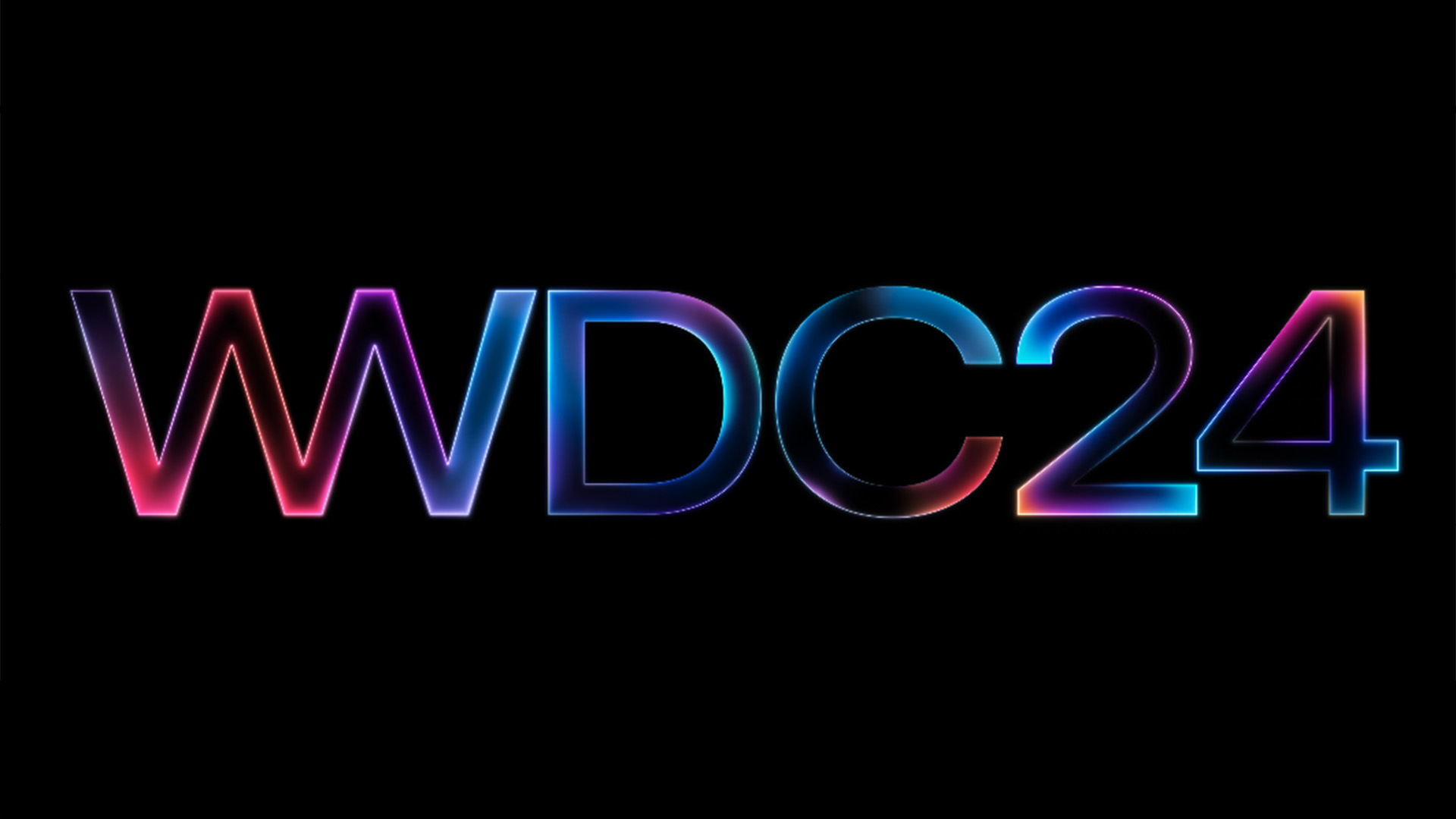
Apple's WWDC developer conference is only a few days away, and iOS 18 is expected to play a big part in proceedings. We've been hearing for some months now that iOS 18 is going to get a big AI upgrade, but so far details of what that actually means have been scarce. Will Siri start giving us Onion articles as if they're real, or urge us to eat poisonous mushrooms like other large language models are currently doing? The answer appears to be no: Apple's AI is much more focused on streamlining your life, not giving you inaccurate information with great confidence.
The latest details come via Bloomberg's Mark Gurman, whose Power On newsletter is a reliable source of information Apple hasn't yet made public. And he reckons that among the highlights of iOS 18 we'll see automated email and message replies, improved photo fixing and other improvements to the core iPhone apps.
What AI features are coming to iOS 18?
According to Gurman, the new features include:
- Photo retouching
- Voice memo transcription
- Suggested replies to emails and messages
- Auto-generated emojis based on what you're saying in messages
- Improved Safari web search
- Faster and more reliable Spotlight searching
- A more conversational Siri
- Improved Siri on Apple watch for "on-the-go tasks"
- Smart summaries of notifications, messages, web pages, news articles, documents and notes
As previously reported, Apple is using on-device processing for the tasks that are best done on your iPhone and only using the cloud for the really demanding ones. Apple is expected to make a big deal of what it says are the privacy advantages of this; most other systems make extensive use of the cloud to deliver their AI and large language model features.
According to Gurman, Apple is going to make it very clear at WWDC that these features are works in progress: Apple will apparently brand them as "preview" tools rather than finished products, at least until iOS 18 is ready for full release in September 2024. That's a notable contrast to the likes of Google, whose roll-out of auto-generated answers in its core search product has created tons of bad publicity: it's reached the point where it's hard to tell if a screenshot of a supposed Google AI fail is the real thing or a fake. Maybe we need an AI to help us tell the difference.







